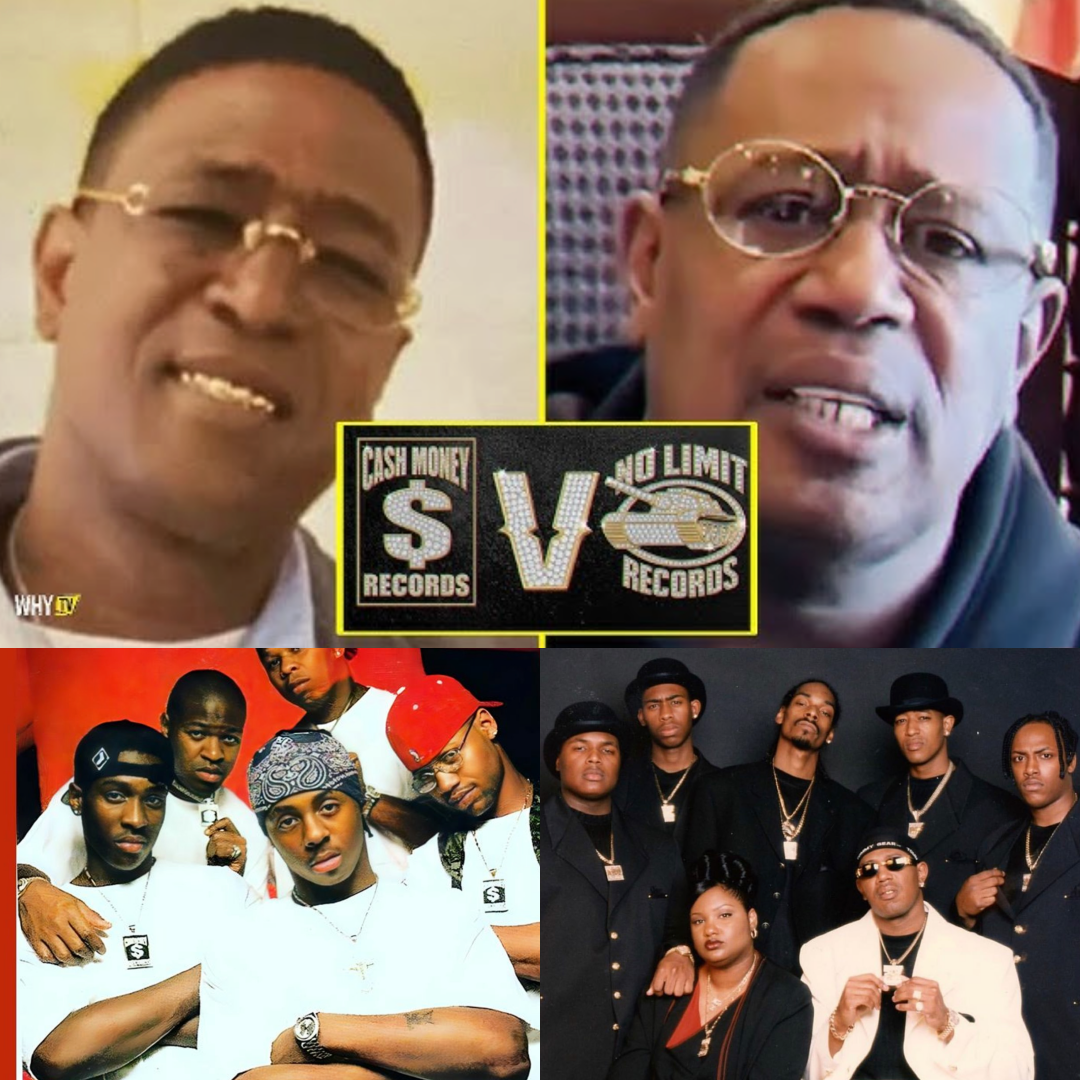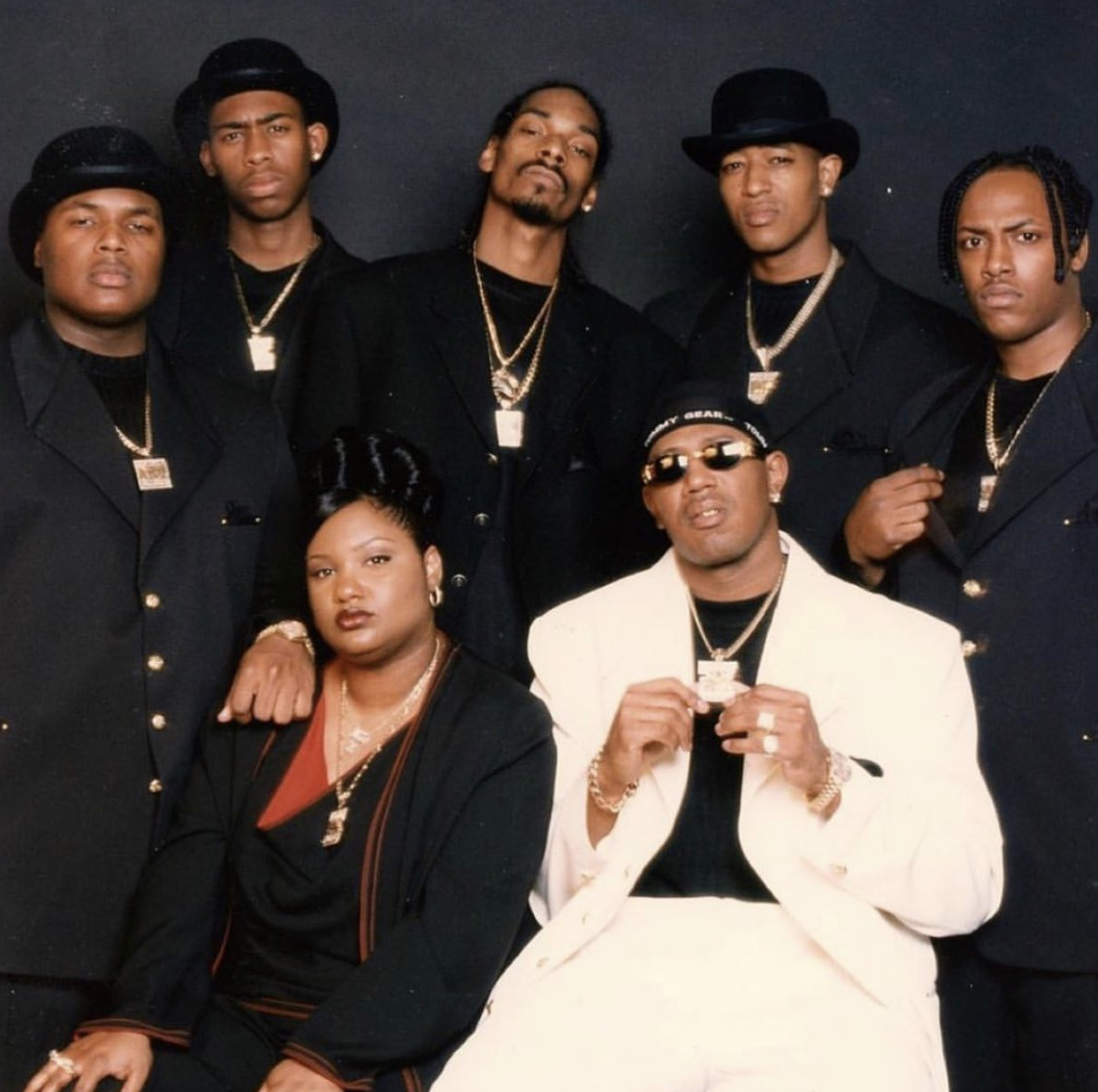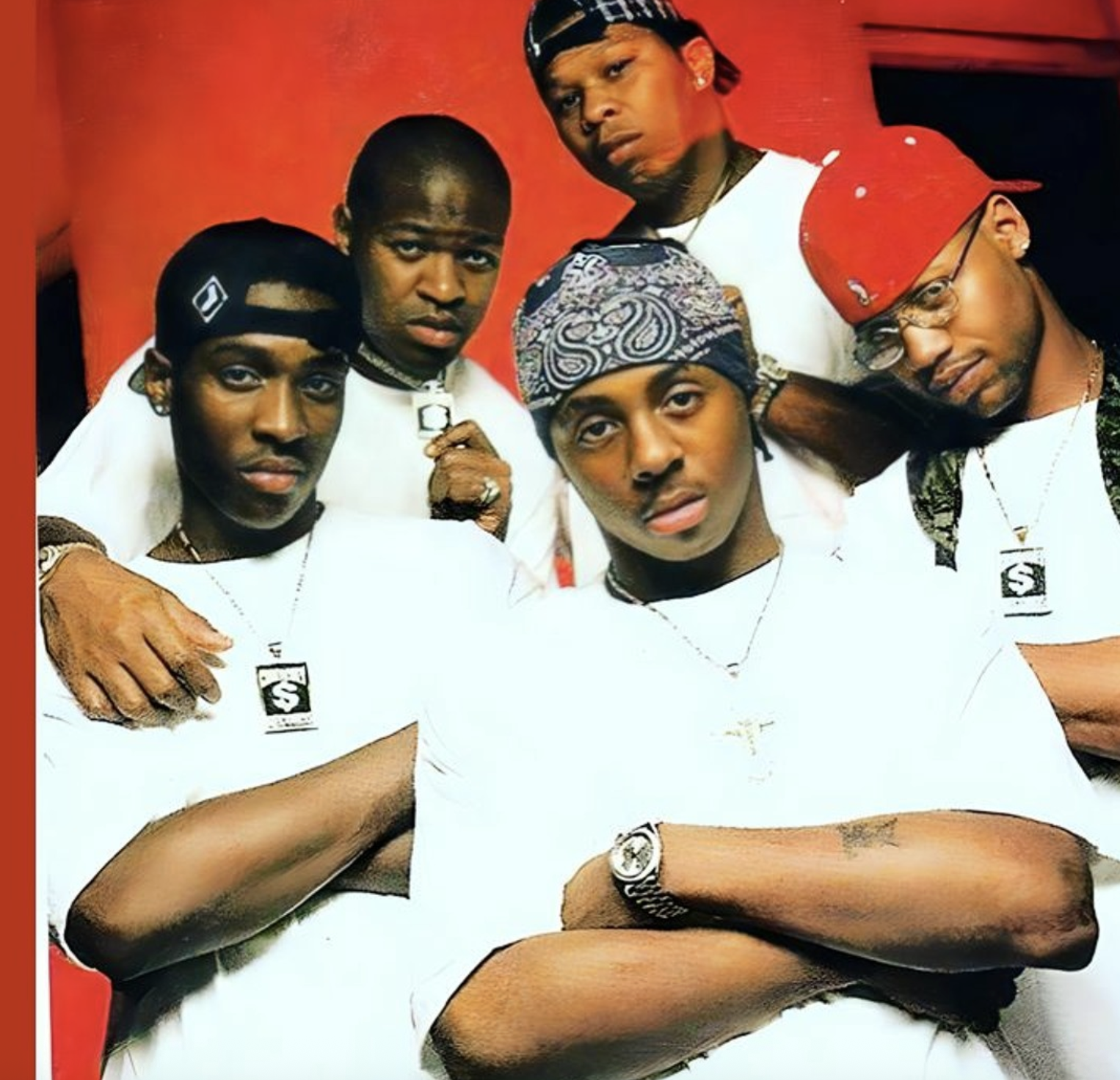The hip-hop community is buzzing as fans eagerly anticipate the upcoming Verzuz showdown between No Limit Records and Cash Money Records. On the latest Joe Budden Podcast, the crew went all in on the matchup, dissecting which label lands harder, whose catalogs age better, and how cultural weight and artist legacies shape the battle. The discussion highlighted No Limit’s militancy and raw grit against Cash Money’s hit-driven formula and mainstream dominance. The podcasters leaned toward No Limit as the underdog story with authentic street credibility, while acknowledging Cash Money’s punch and catalog depth.

Amid all this debate, Corey “C-Murder” Miller, a pivotal member of the No Limit family, has weighed in, offering fans an insider perspective. C-Murder, known as much for his music as for his public fight for justice, shared on Instagram his thoughts on the Verzuz hype:
“No Limit built something real, something people could feel. It wasn’t just hits, it was about loyalty, culture, and giving voices to the streets. Cash Money got their hits, no doubt, but No Limit’s story has heart — and that’s what matters.”
His comments not only stirred discussion among rap fans but also offered a reminder of the personal and cultural significance behind the label. For C-Murder, No Limit isn’t just a record company; it represents decades of struggle, resilience, and a unique sound that shaped Southern hip-hop.

Beyond the Verzuz debate, Miller has continued his public fight for innocence and freedom. He has long criticized flaws in how his case was handled, particularly under Louisiana’s controversial “10-2” jury rule. He has also highlighted systemic injustices, calling attention to what he describes as unfair and inconsistent practices in the criminal justice system.
To give listeners a raw, unfiltered view into his life and legal journey, C-Murder launched a new podcast series, “The Corey Miller Diaries”, under the Private Stock banner. Across the episodes, he dives into his legal battles, life behind bars, protest actions such as hunger strikes and labor strikes, and broader systemic critiques — all in his own words. He tells listeners:
“I want people to hear the truth, not the headlines. This system has rules, but not always justice. I’ve lived it, I’ve fought it, and I’m not done yet.”

Fans of hip-hop and followers of the Verzuz series now have the unique opportunity to see No Limit’s legacy through both a historical lens and a deeply personal one. As the Verzuz battle draws nearer, Miller’s commentary underscores that beyond the hits, beyond the numbers, it’s the story, loyalty, and authenticity that define a label’s impact. No Limit versus Cash Money isn’t just a musical clash; it’s a cultural showdown, and with C-Murder’s voice in the mix, the stakes feel more real than ever.
Whether you’re a longtime rap fan or a newcomer intrigued by hip-hop history, C-Murder’s insights remind us that the Verzuz battles are about more than nostalgia — they are about heritage, identity, and the voices behind the music.


